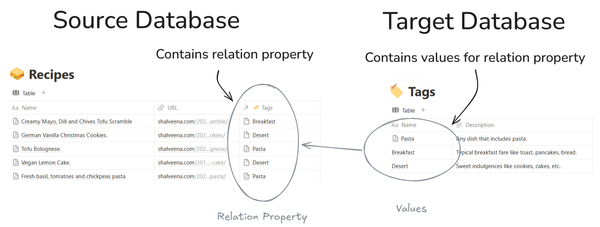Improving Node.js https request performance

The HTTPS module of Node.js allows making HTTPS request to other servers. Unfortunately, making requests with this module often leads to poor performance.
I found that calling a nearby HTTPS server usually took between 300 ms and 150 ms.
With the following simple solution, I was able to reduce this time to less than 40 ms.
By default, Node.js does not keep SSL connections alive. Thus, a new handshake has to be performed for every request. If you make many requests to the same server (a very common situation when dealing with APIs), it makes a lot of sense to keep SSL connections alive. This can be accomplished as follows:
var agent = new https.Agent({ keepAlive: true });
var options = { host: 'objecthub.io', port: 443, path: '/admin/metrics/main.json', method: 'GET', agent: agent };
var req = https.request(options, function(res) {
var str = ""; res.on('data', function (chunk) { str += chunk; });
res.on('end', function () { // done }); });
req.write(''); req.end();
req.on('error', function(e) { // error });
Note here that a https.Agent is created with the parameter keepAlive: true. This agent is then passed in the options for the request. You can use the same agent for all requests.
Using this should significantly speed up making requests to the same server.
You can find the example code I used to test this here:
https://repo.on.objecthub.io/object/nodejs-https-performance-test



